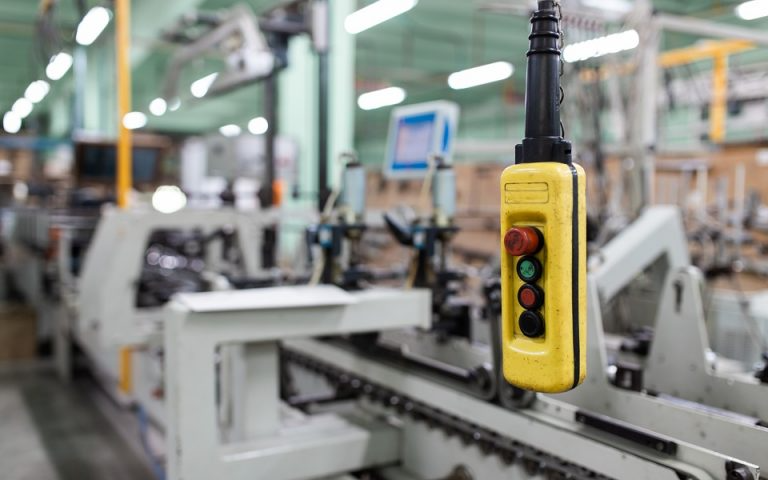
The Greek manufacturing sector remained on an upward trend during August, according to the latest PMI survey data from S&P Global, although growth slowed again.
Weaker growth in output, new orders, and employment were reportedly due to more subdued demand conditions. In addition, input purchases grew at the weakest pace on record so far this year as companies largely used up their inventories to meet the demands of new orders.
The less favourable sales environment negatively impacted business confidence, which fell to its lowest level recorded since November 2022. Meanwhile, input prices continued to rise at a harsh pace as supplier performance deteriorated to the highest level recorded since January.
The slower rise in cost burdens, however, resulted in a weaker rise in output charges. S&P Global's seasonally adjusted Purchasing Managers' IndexTM (PMI) for the manufacturing sector in Greece closed at 52.9 points in August, down from 53.2 points in July, indicating a steady but slower improvement in the health of the manufacturing sector.
Operating conditions have been improving on a consistent monthly basis since February 2023, but the recent rate of increase was the weakest on record since last December. Slower output growth during August contributed to the less robust rise.
Greek manufacturers reported that a larger inflow of new orders supported the rise in output; however, the pace of growth weakened to the weakest recorded since September 2023. Although new sales rose further in the middle of the third quarter, the pace of growth slowed for the fifth consecutive month and was the weakest recorded so far in 2024.
Panel members said that demand from the customer side was sustained; however, some customers in Europe were more hesitant about their purchases. Export orders increased at only a marginal rate. Although stronger than the survey average, the rate of growth was the slowest recorded in eight months.
Shipping delays and logistical problems on the part of suppliers remained evident in August, as delivery times for supplies lengthened to the longest extent on record since January. Suppliers' performance deteriorated markedly for the ninth consecutive month. Although at a slower pace, the input costs of Greek goods producers rose sharply in August. According to panel members, higher shipping costs alongside higher input prices, including for metals, supported the increase.
Similarly, outward charges rose at a historically higher rate, which was nevertheless slower than in July. Selling prices rose for the twelfth consecutive month. Slower growth in new order inflows weighed on input purchases and employment growth in August.
The growth rates of both moderated and were the weakest on record so far in 2024 as companies reported sufficient capacity to process incoming new business and use inventories to meet order requirements. Meanwhile, inventories of both supplies and finished goods fell midway through the third quarter.
Finished goods inventories shrank at a faster pace as companies reported a renewed decline in purchasing inventories. Although only marginal, the rate of decline in purchasing inventories was the fastest recorded since April.






